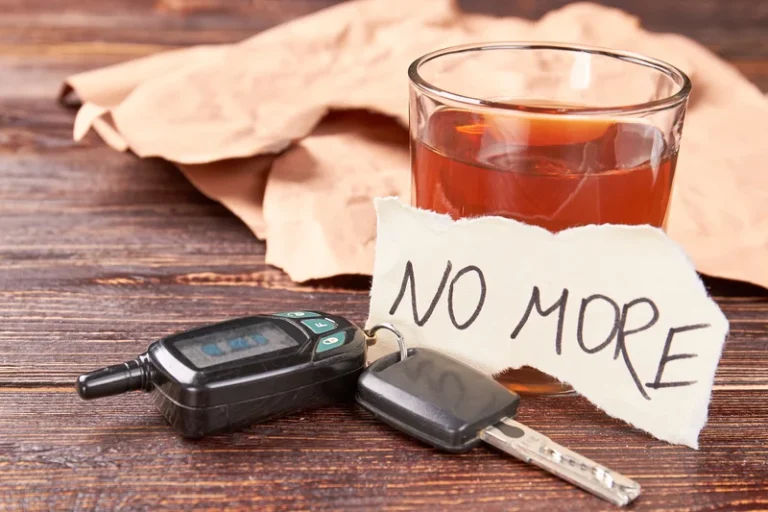Sober living
Group Therapy Activities for Addiction Group Recovery Topics

You collaborate with your treatment team to assess continuing care that best fits your needs. AAC offers various outpatient programs at all facilities throughout the country. Call to speak to a compassionate and knowledgeable admissions navigator—many of whom are in recovery—to explain your needs, understand your options, and continue your journey to recovery.
- If you or a loved one is struggling with addiction, contact us today to learn how our group therapy programs can support your journey to recovery.
- The helpline at AddictionResource.net is available 24/7 to discuss the treatment needs of yourself or a loved one.
- Humor can lift spirits and reduce stress, making it a valuable tool in recovery.
- In this session, members learn to treat themselves with kindness, focusing on forgiving their mistakes and building self-acceptance to maintain a supportive, constructive mindset.
What’s a Substance Abuse Evaluation? A Comprehensive Guide
Transitioning to an outpatient program can help them continue to address these issues. By adding these nine activities, groups can create a supportive environment. Mindfulness and meditation are essential practices in managing addiction. These sessions teach individuals to stay present, reduce stress, and improve emotional regulation.
The Benefits of Group Therapy in Addiction Recovery
They need to remember the consequences and negative results of using drugs. In a group setting, they can also encourage one another group activities for addiction recovery to avoid relapse. However, what kind of group therapy activities do people engage in during such treatment? Teaching people what to expect is an important part of helping them open up to the idea of rehab. Since every rehab center handles group therapy differently, the activities vary between locations. Actively participating in a treatment center’s alumni program can help individuals stay strong in their recovery and prevent future relapses.
Examine Gender Roles and How People Respond to Anger
Your plan depends on your your recovery journey—the progress you’ve made and your continuing needs. For example, if you lack a stable and safe living situation, then finding a sober living facility will be an important component of your plan. Other types of recovery meetings exist for individuals looking for an alternative to the 12-Step approach. Recovery group activities are an essential component of addiction recovery. They provide opportunities for connection, support, and shared healing.

Must-Have Substance Abuse Group Topics For Discussions

Drumming circles are a rhythmic experiential exercise for group therapy that promotes unity, expression, and stress relief. Each participant takes part in creating a communal rhythm, and the collective sound becomes a symbol of shared experience. Drumming can serve as a powerful outlet for releasing emotions and fostering a sense of togetherness in the group. Many recovery groups encourage gratitude by having members write gratitude lists. These lists can include anything you feel grateful for, from your sobriety to your loved ones to your favorite foods. This activity pairs members as partners, fostering regular check-ins to discuss progress, setbacks, and goals and reinforcing commitment through shared accountability.
It’s amazing how thinking on your feet in a supportive environment can boost confidence in real-world interactions. For those who prefer the written word, journaling workshops offer a safe space to pour out thoughts and feelings onto paper. Guided writing exercises help participants explore their inner landscape, often uncovering insights that might otherwise remain buried. TherapyByPro is an online mental health directory that connects mental health pros with clients in need.
Building Resilience
This activity allows for expression of complex feelings that might be hard to put into words. Plus, it’s a great way to incorporate gratitude into group therapy activities, by encouraging participants to include positive emotions and experiences in their collages. Group therapy in addiction recovery isn’t just about sitting in a circle and sharing war stories. It’s a dynamic, multifaceted approach that can be both challenging and incredibly rewarding. When done right, it creates a microcosm of the real world, allowing participants to practice new skills, gain insights, and build connections in a safe, supportive environment. Gone are the days of dull, monotonous sessions where participants struggle to stay awake.
- Talk about your own resilience in the face of challenges, and how you might learn to be more resilient in the future.
- In drug addiction group therapy or alcohol addiction group therapy, participants share stories, successes, and setbacks, creating a bond that helps each person feel understood and valued.
- People experiencing substance abuse often need help managing drug or alcohol cravings and otherwise adjusting to a sober lifestyle.
- Role-playing difficult conversations gives participants a chance to practice new communication skills in a safe environment.
How does Two Dreams use group therapy in addiction treatment?

Start with something simple, like a 10-minute walk after breakfast or some light stretching in the evening. If you struggle with motivation, try pairing exercise with something enjoyable, like listening to music or a podcast. If you’re unsure what works for you, try experimenting with different activities. Block out at least 15 minutes in your schedule each day for something that helps you decompress, like taking a walk after lunch every day.

Life Skills Bootcamp: Practical Tools for Success
Group therapy offers a unique space where people in recovery can come together to share their experiences, learn from one another, and find strength in community. Instead of navigating recovery alone, group therapy allows you to connect with others who understand what you’re going through. These creative outlets can also serve as healthy coping mechanisms to practice outside of the group setting, helping people manage stress and creatively process their feelings. By simulating real-life situations, people in recovery can practice effective coping strategies and communication. Below we’ll explore 10 activities substance abuse healthcare providers use to help promote relapse prevention and build coping skills. It can be at first, but trust us, it’s a powerful way to prepare for real-life situations.
Discussing Triggers
Oxford is in-network with several major health insurance companies. It is always important for group members to discuss any current issues and get advice and support from other members of the group. Therapists who run these groups are very resourceful and in order to keep the process relatively fresh introduce different activities and topics continually. Many recovery groups make affirmation collages by writing down positive statements, cutting them into strips, and gluing the strips onto poster boards.




